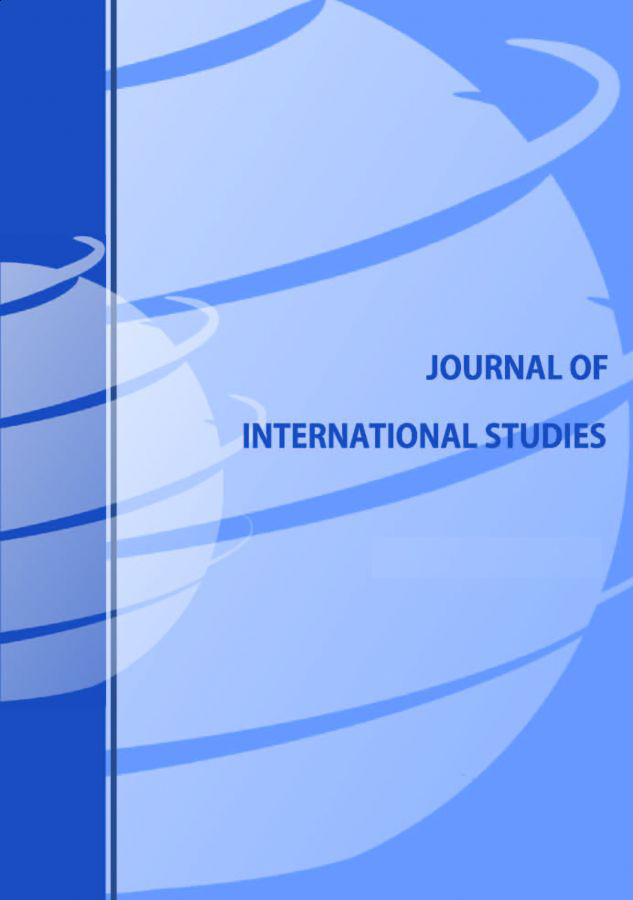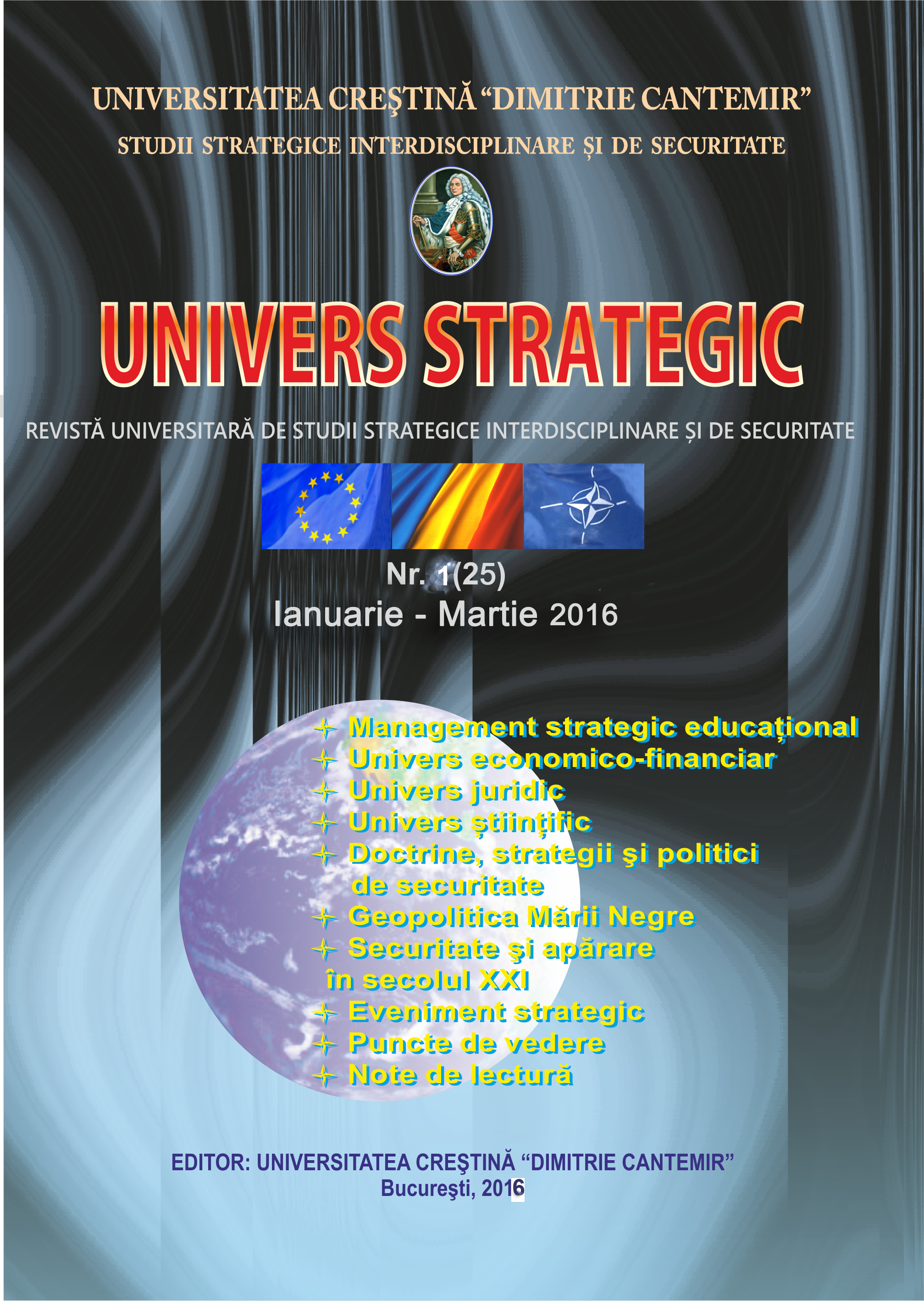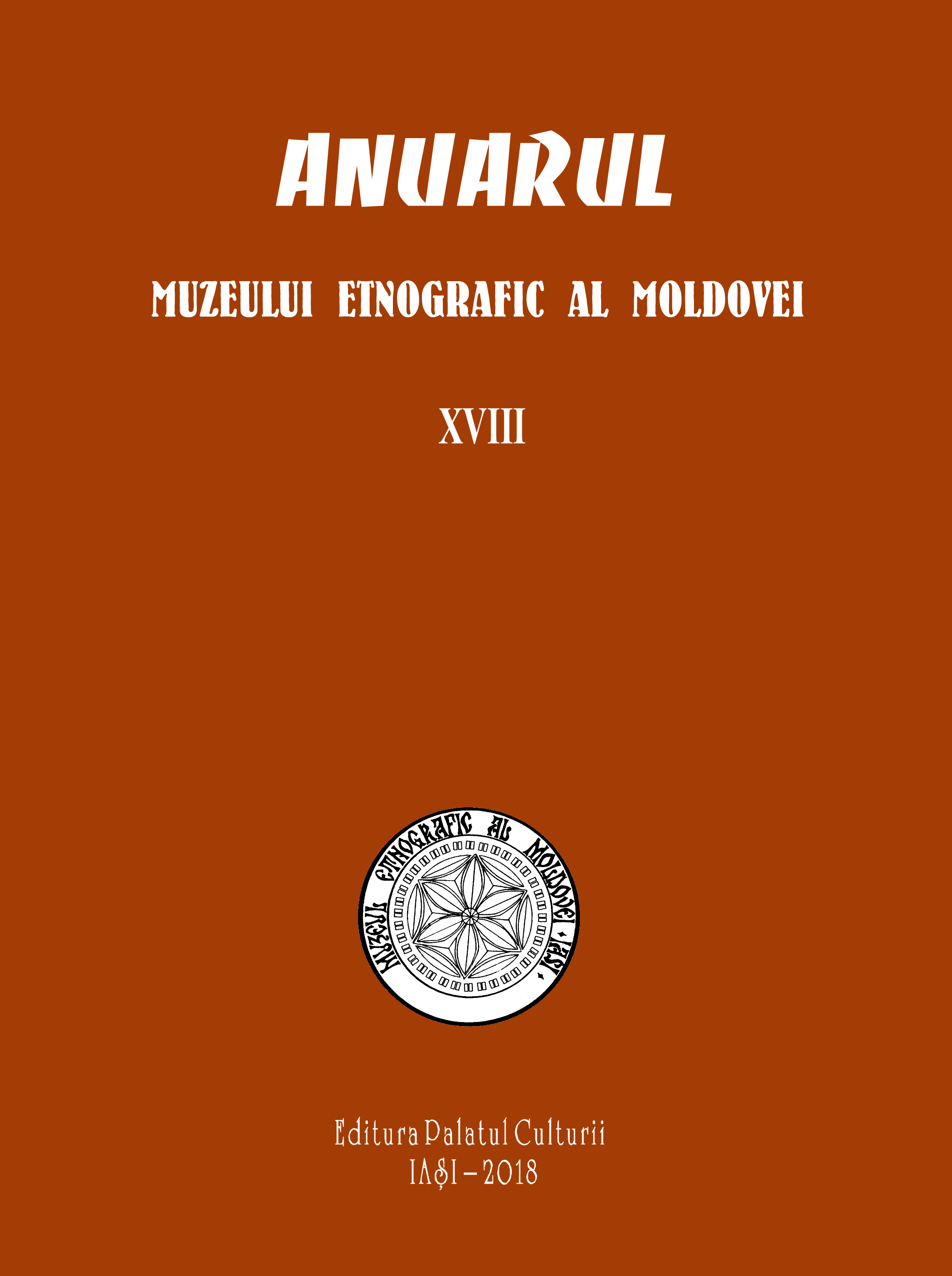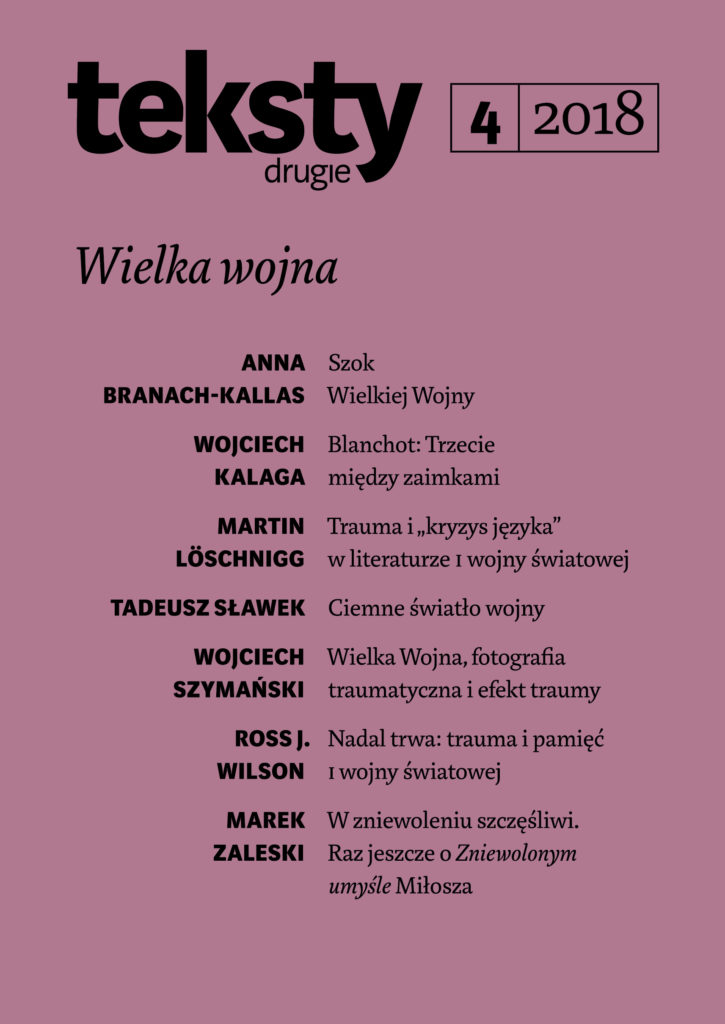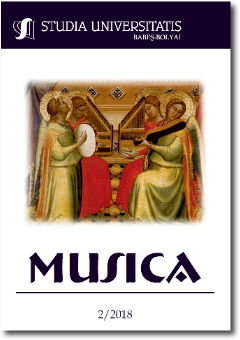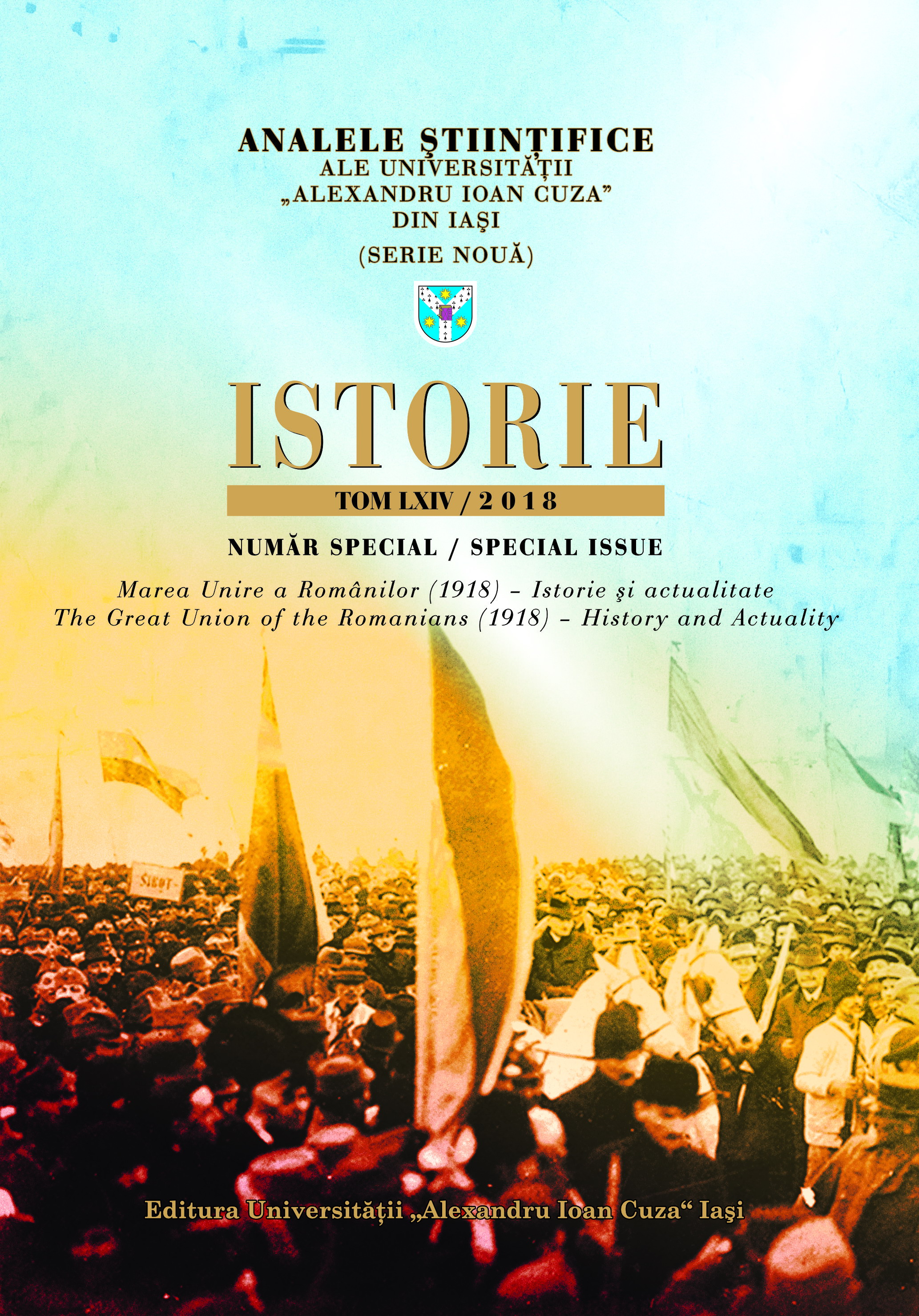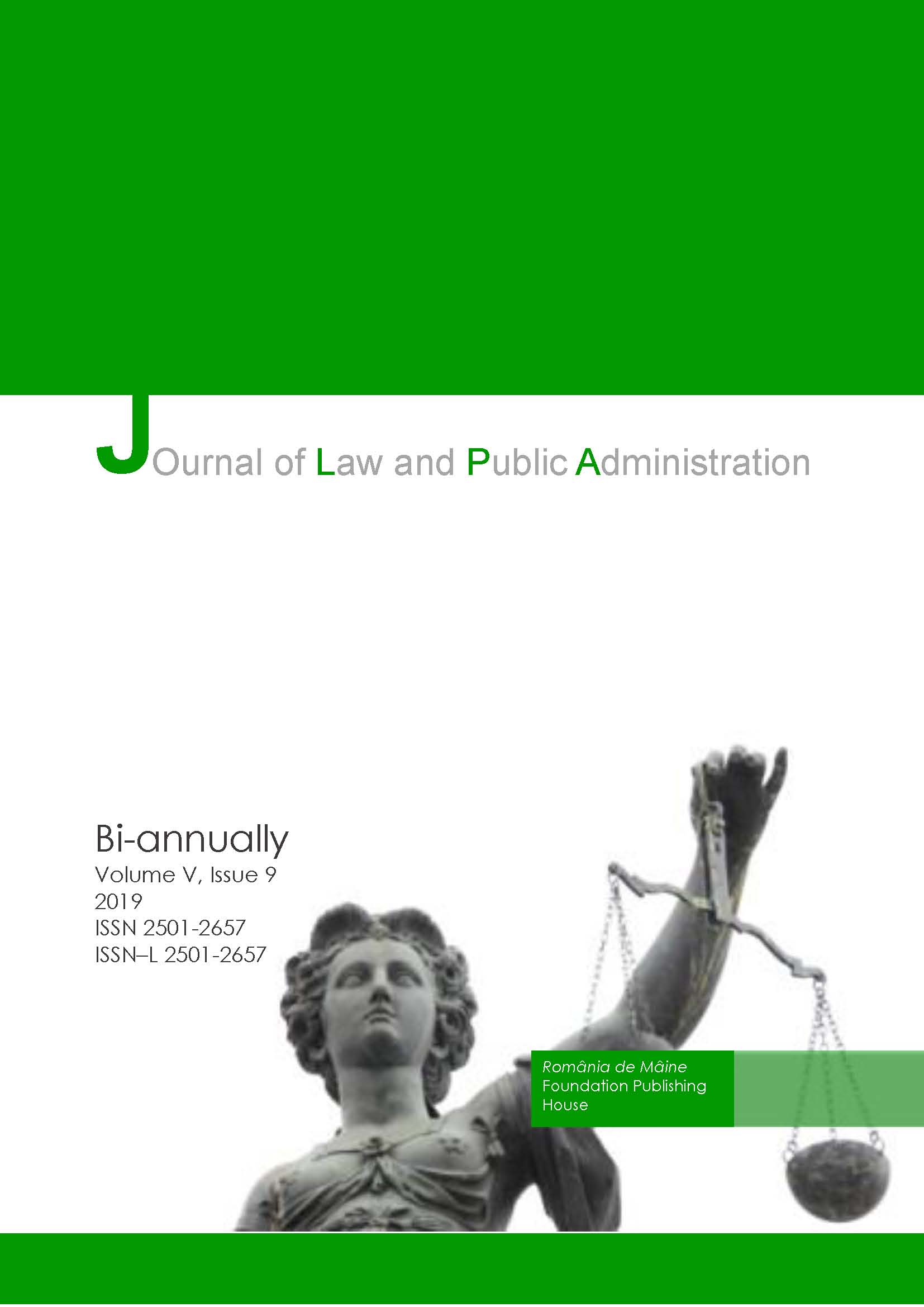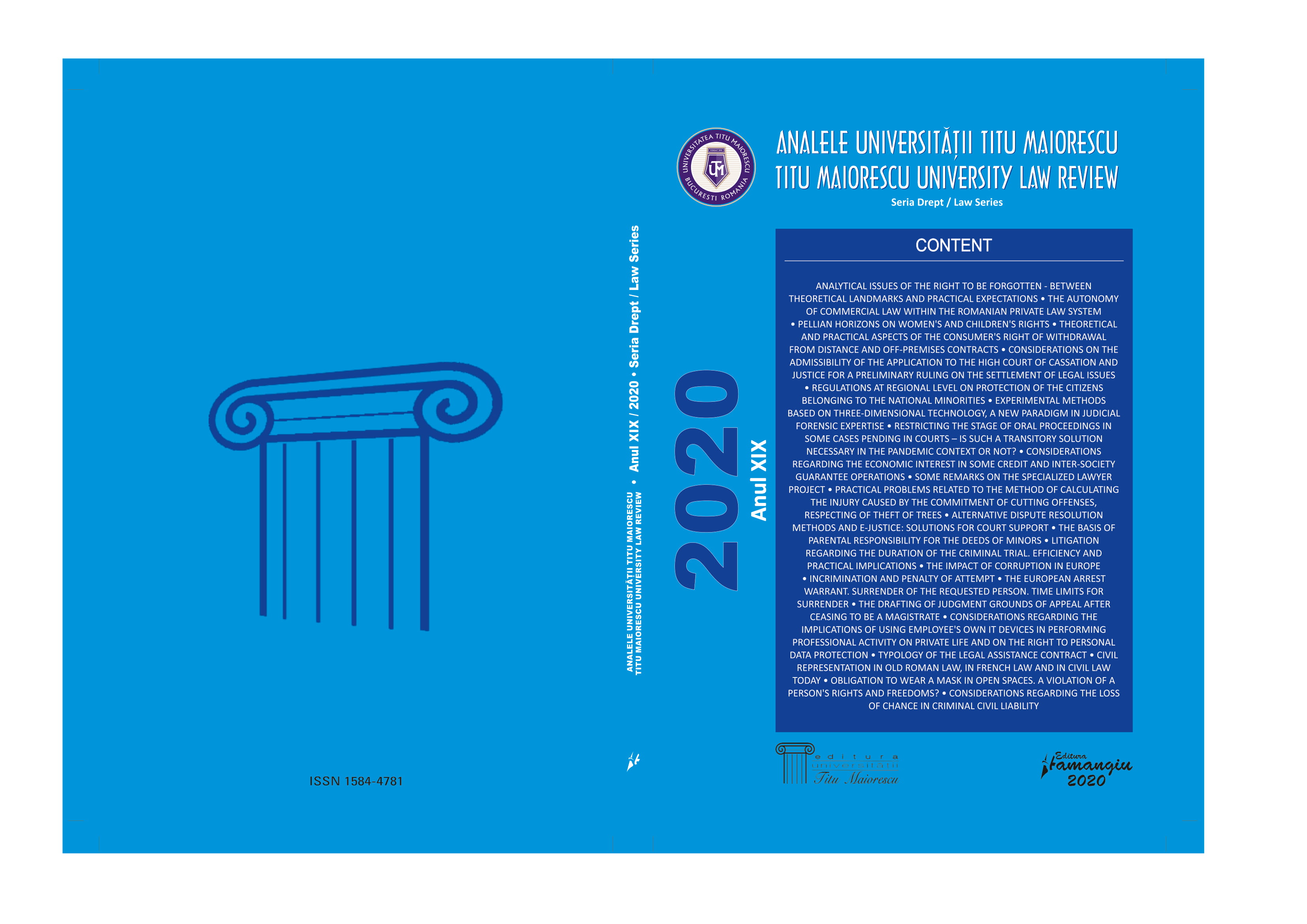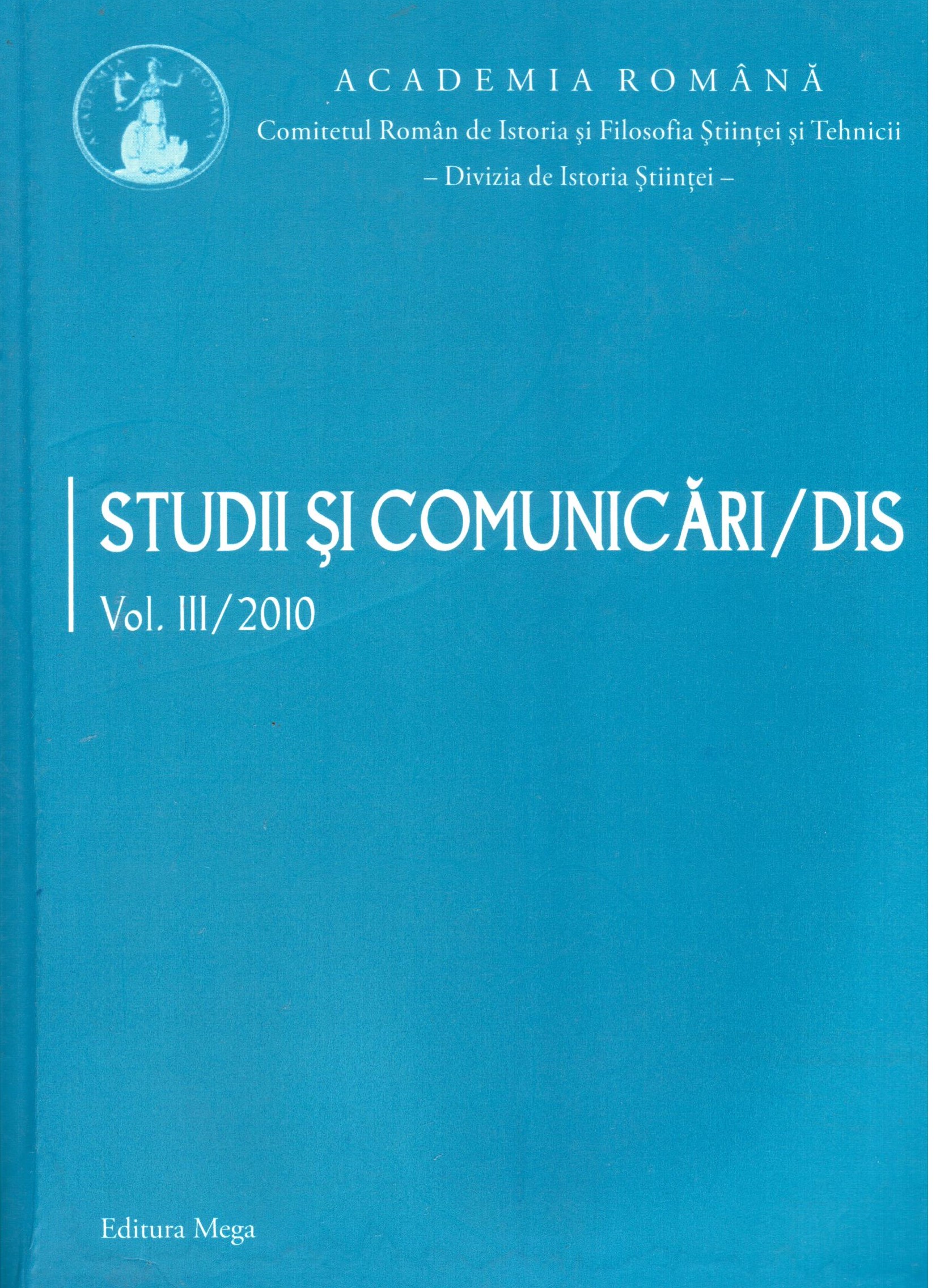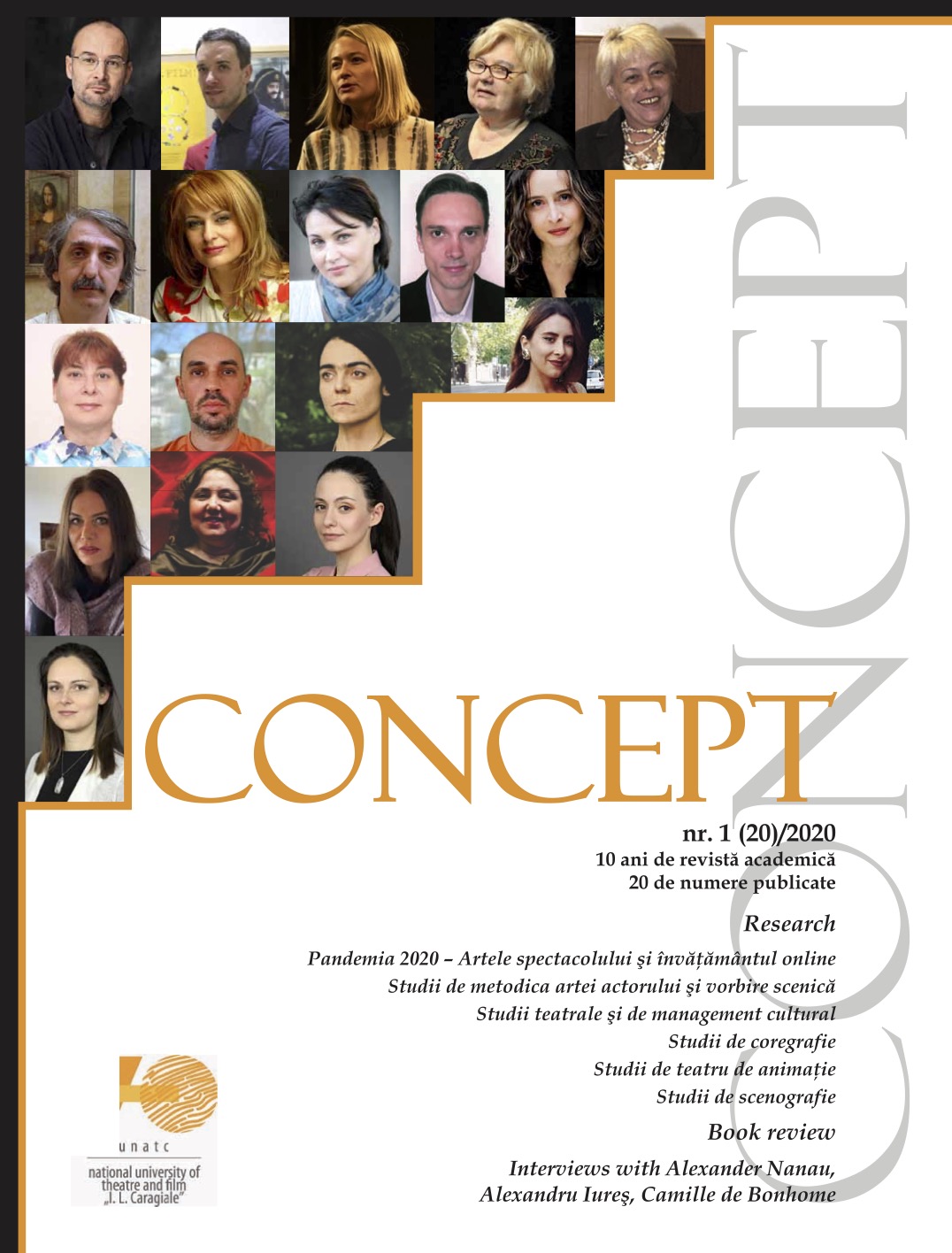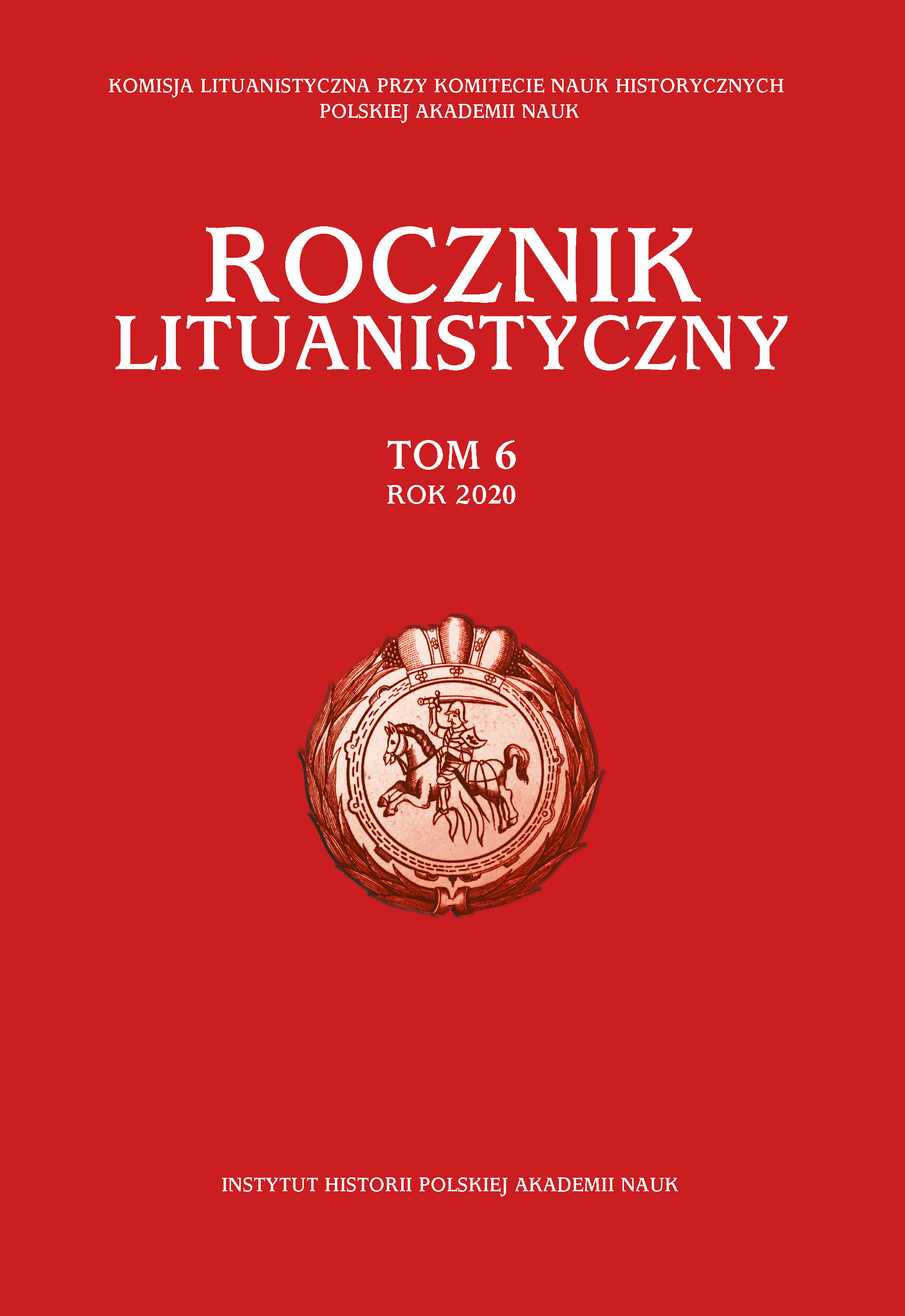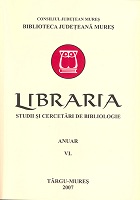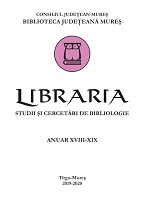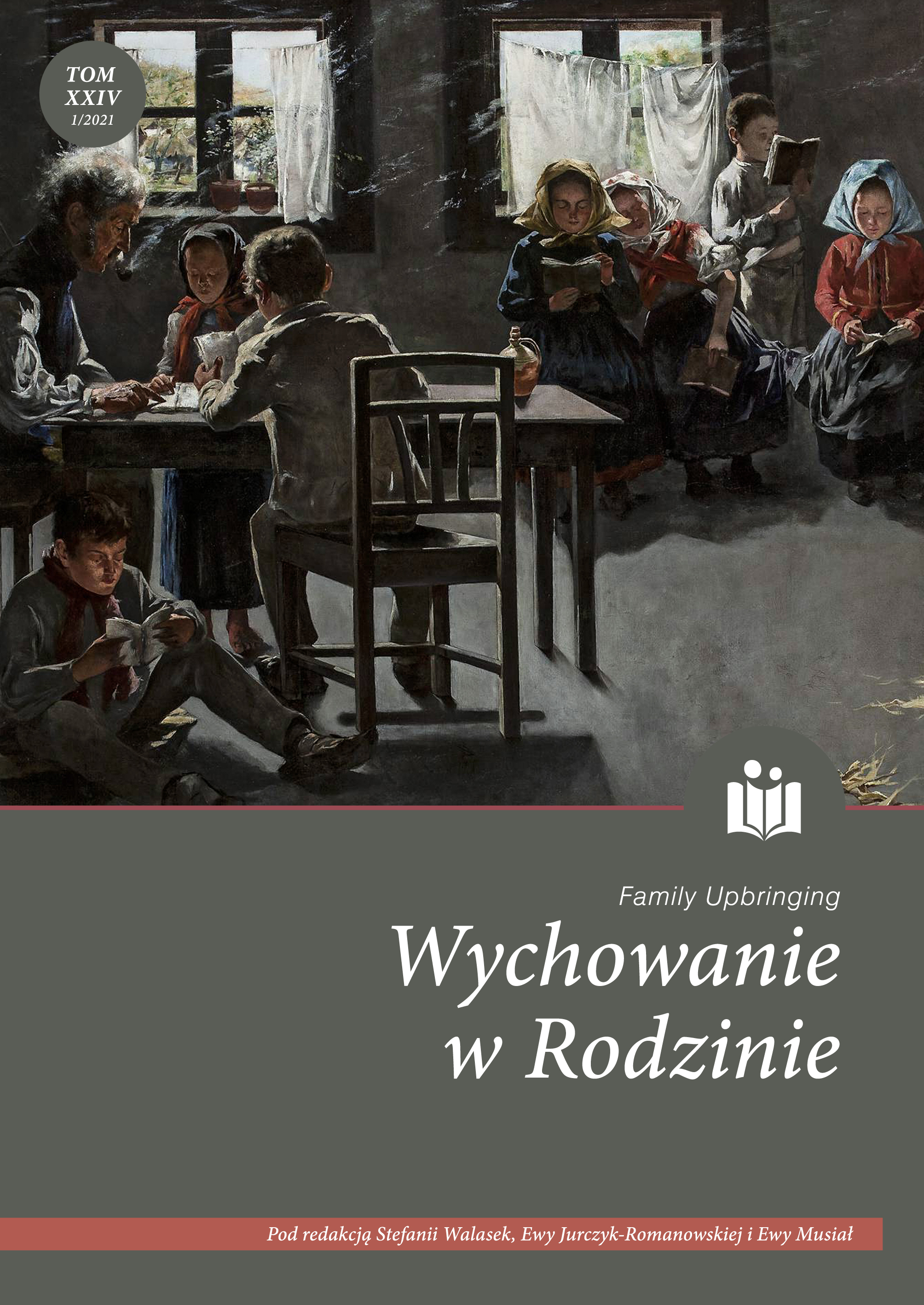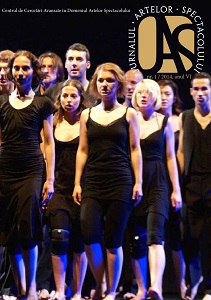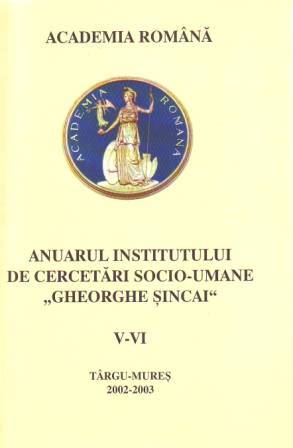
The Bessarabian Historiography in Its Way toward the Truth (1989-2002)
Istoriografia basarabeană în drum spre adevăr (1989-2002)
Keywords: Bessarabian historiography; the 20th century; the Republic of Moldavia; Stalinist dogmas; Bessarabia; Northern Bukovina; Transnistria
The present study attempts to reveal a panorama of the Bessarabian historiography written in the last decades of the 20th century, with an accent on the radical transformations that took place after 1989, especially in the conditions of the newly acquired state independence of the Republic of Moldova (1991-2002). The rich recent historical literature proves that essential changes took place in the historical science of Chişinău. Following the previously published papers one can see that the great majority of researchers struggle against Stalinist dogmas and believe in the fact that the Romanians living in Bessarabia, Northern Bukovina and Transnistria belong to the Romanian people and to the Romanian culture. The study attempts to build a critical overview of the historical literature published between 1991 and 2002, which contains a vast area of research, with subjects such as the history of the Romanians from the Middle Ages up to present time, the County of Moldavia before 1812, Bukovina after 1775, Bessarabia and Transylvania in the 19th and 20th centuries. At the same time, the transformations that took place at the History Institute of the Academy of Sciences, at the history faculties of the universities are presented. Thus the fields of research, the topic of the courses were changed, underlining the importance of the history of the Romanians in a general European and universal context. Special attention is offered also in this study to the activity of the historical reviews, to bibliographical editions etc.
More...
